By Stephanie Shapiro
Descendant of legendary Clara D. Noyes shares a proud, honest biography
When Roger Noyes first acquired the desk that had belonged to his great-great-aunt Clara Noyes (Class of 1896), he gave little thought to her life. He tucked a brief biography of Noyes, a visionary nurse leader in the American Red Cross, inside the desk and let it go at that.
Three years later, though, the desk—and its long-ago owner—had gained profound significance for Noyes. By then, he was spokesperson for the Home Care Association of New York State, which represents home care provider organizations. The desk, tucked into a kitchen nook under a stained-glass window, prompted Noyes to ask himself: “Did Clara have any relationship to what I am doing?”
That question and a flurry of others spurred Noyes to dig into the Alan Mason Chesney Medical Archives at Johns Hopkins, American Red Cross records, and the prodigious store of writing that Clara Noyes left behind. After years of research and writing in his spare time, Noyes has produced Clara D. Noyes: Life of a Global Nursing Leader. His book chronicles Noyes as she quickly ascended nursing leadership ranks, raised education standards for nursing schools, and oversaw the deployment of 20,000 nurses to Europe during World War I as an American Red Cross official.
In the biography, Noyes, one of nine siblings, emerges as a fiercely independent woman whose devotion to nursing dominated her life. Noyes did not marry, owned her own home, and drove a car; endeavors that courted controversy in the early 19th century. In her tireless advocacy, Noyes was also an inadvertent feminist whose campaigns for quality nursing programs, patient safety, and according rank to Red Cross nurses led her to support women’s suffrage and political activism.
Roger Noyes does not shy away from his subject’s flaws. Clara Noyes had an abrasive, top-down management style and avoided the question of whether African-American women should become part of the general nursing workforce. It was important to explore “issues of race and personality and it was important to not make excuses, but let the words speak for themselves,” the author says.
“She advocated for the idea of training home care nurses to become midwives, so the public health vision for home care nursing was on her radar.”
— Roger Noyes
As he became better acquainted with his great-great-aunt’s work, Noyes did discover “loose parallels” with his own that he notes in the biography. “She advocated for the idea of training home care nurses to become midwives, so the public health vision for home care nursing was on her radar,” he says. Each Noyes had to respond to natural disasters as well. For Roger Noyes, it was Hurricane Sandy, which pushed home care workers into overdrive in 2012. Clara Noyes led the American Red Cross response to a flood that devastated Mississippi in 1927. On a more personal level, Roger says with a laugh that he shares her tendency toward “indignant outrage” when others don’t share his opinions.
Until his biography appeared, Clara Noyes’s legacy had taken a back seat to her father’s in family lore, her great-great-nephew says. (Enoch Noyes fought with the Union Army in the Civil War.) From now on, Clara will figure more prominently. “I’m expecting a son in late July,” Roger Noyes says. “I plan to tell him her story and have him learn about her.”
Image at Top: From the desk she once owned, Roger Noyes tells the legendary if imperfect story of great-great aunt Clara Noyes.
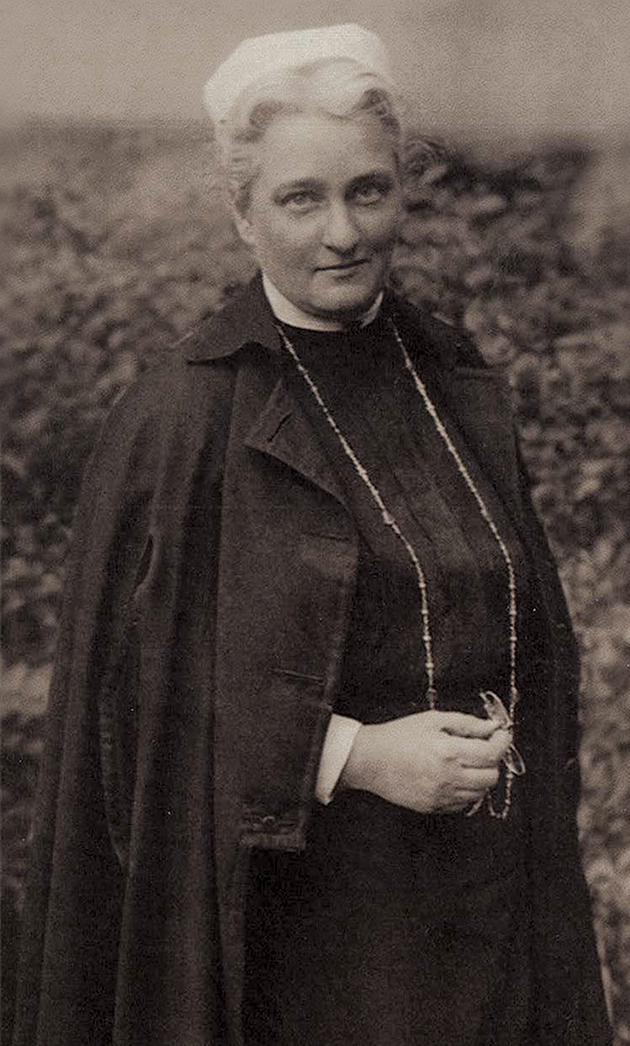
From the Archives
This Way Forward:
Clara Noyes (1869-1936)
“We need a strong woman in Washington! There is too much at stake now to take any chances.” With that plea, from its founder Jane Delano in 1916, Clara Dutton Noyes (Class of 1896) was called to the American Red Cross Nursing Service, faced immediately with the enormous task of preparing nurses for service in World War I. The truer challenge, perhaps, would have been trying to stop the cool-minded, fastidious Noyes from succeeding.
Read more at magazine.nursing.jhu.edu/claranoyes
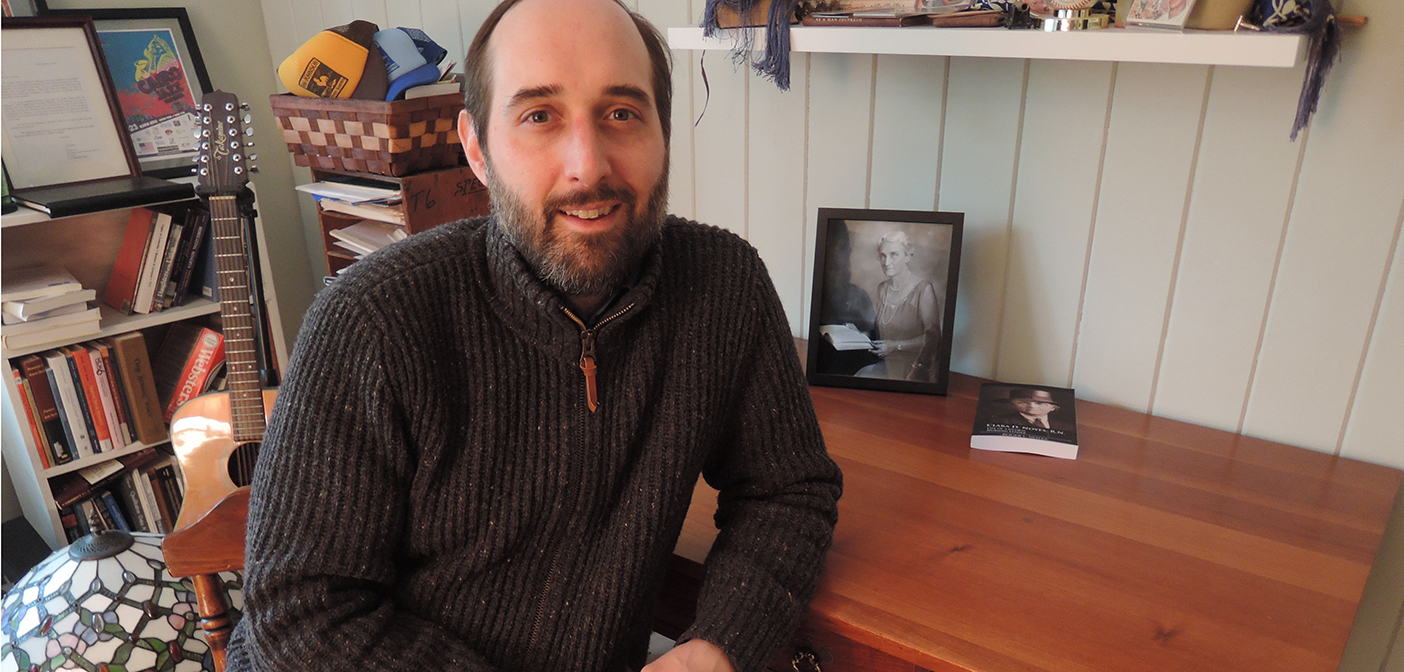
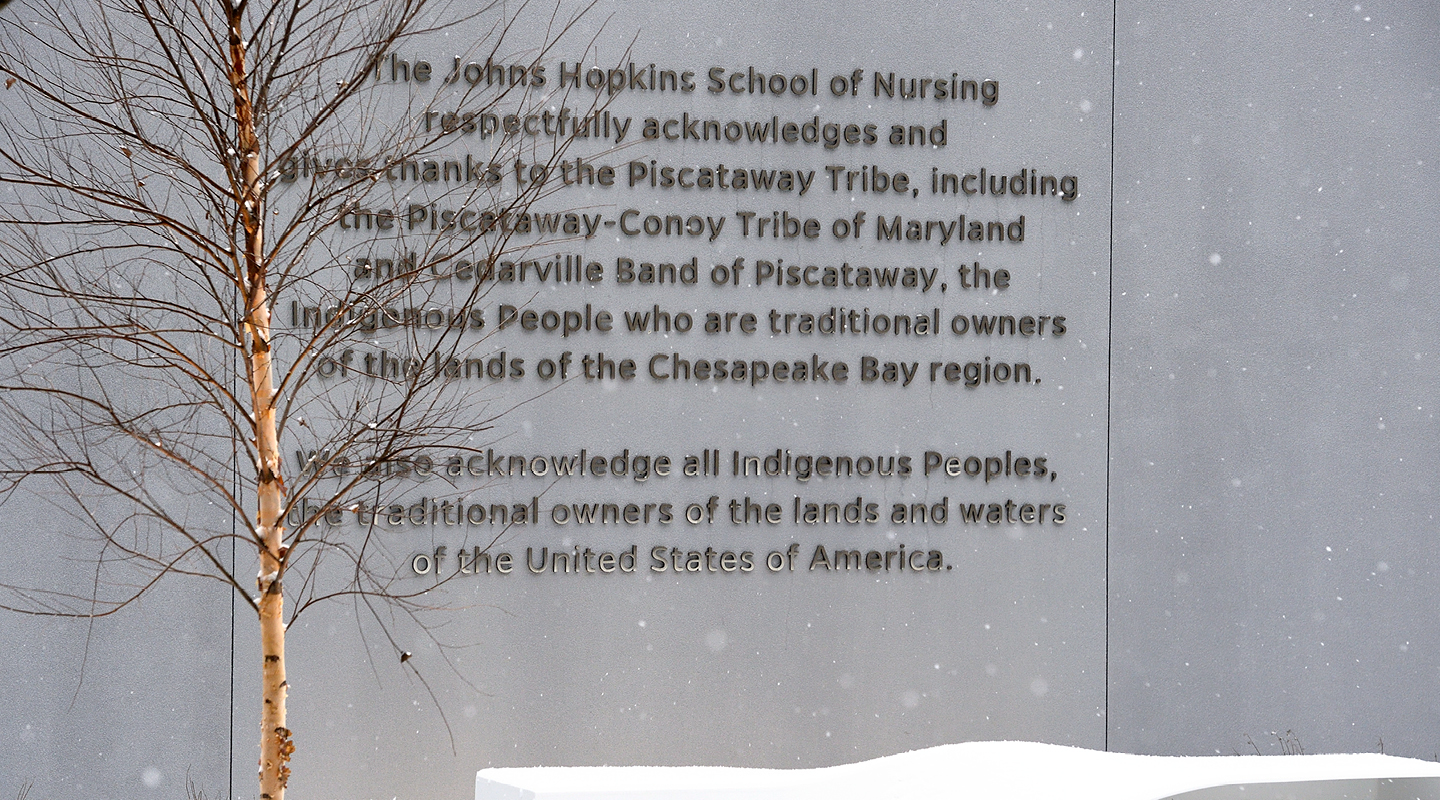 Turning on the Waterworks
Turning on the Waterworks CRNA: Living the Dream
CRNA: Living the Dream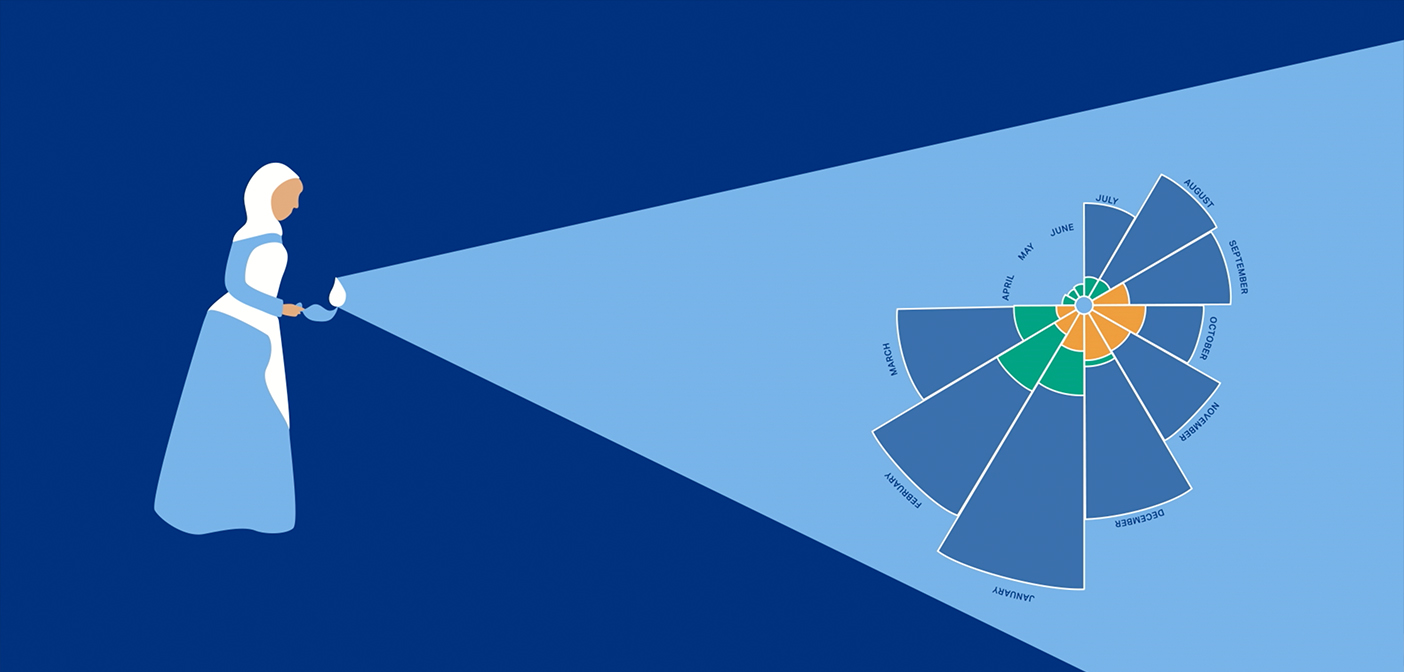 Nursing’s Next Big Idea
Nursing’s Next Big Idea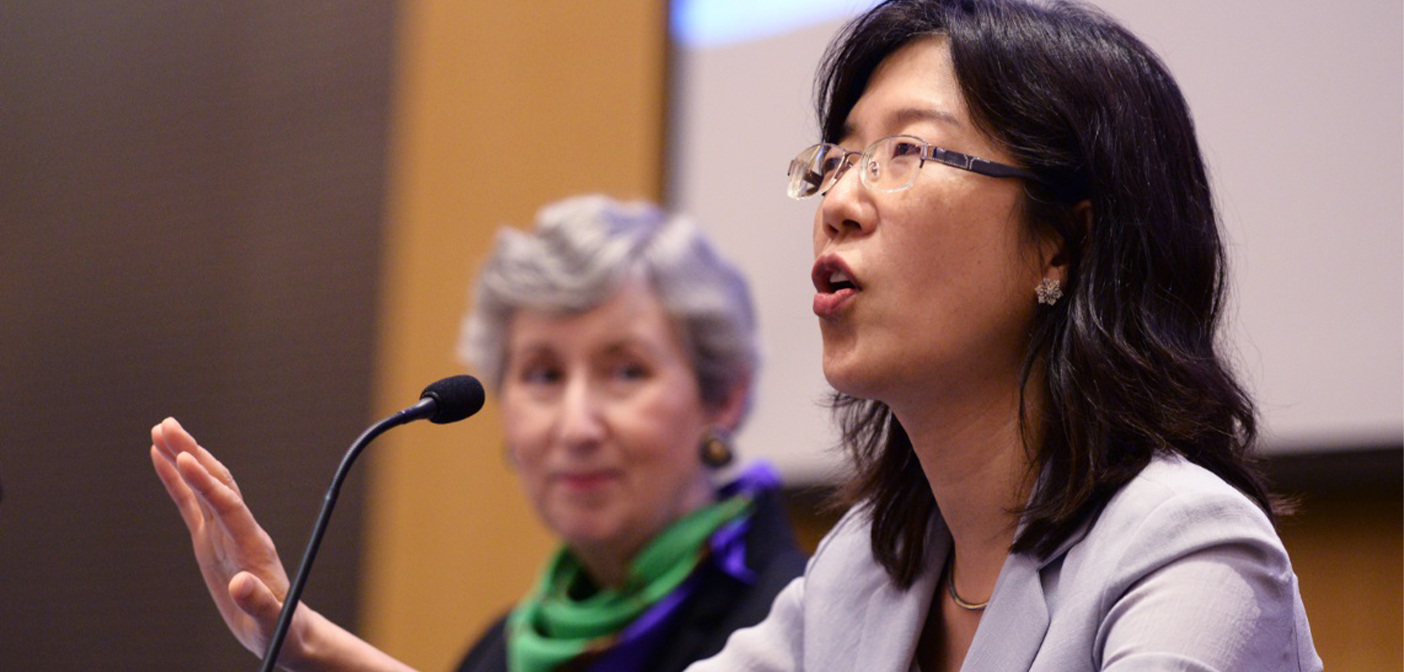 Isabel Hampton Robb Scholar Makes It Clear on Being Concise
Isabel Hampton Robb Scholar Makes It Clear on Being Concise Returning a Favor
Returning a Favor







